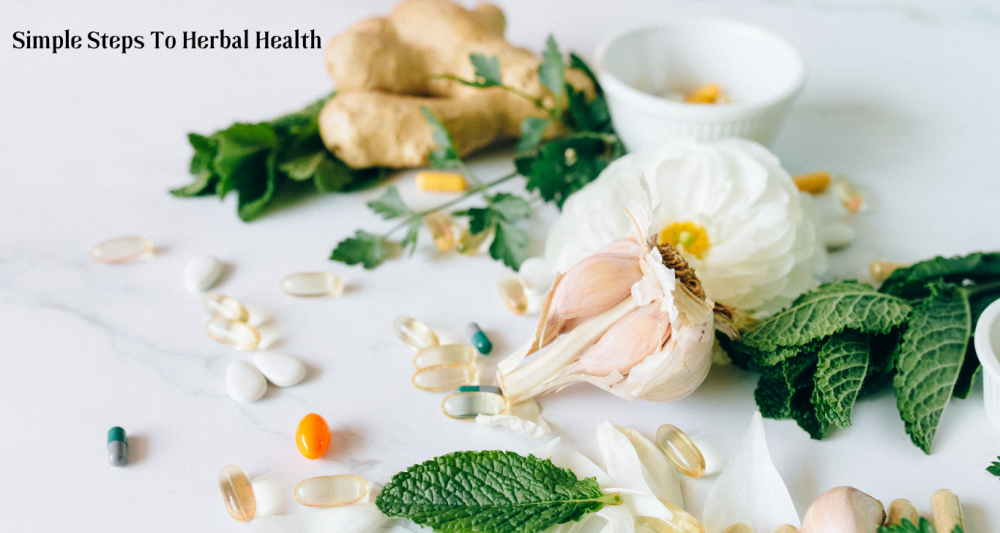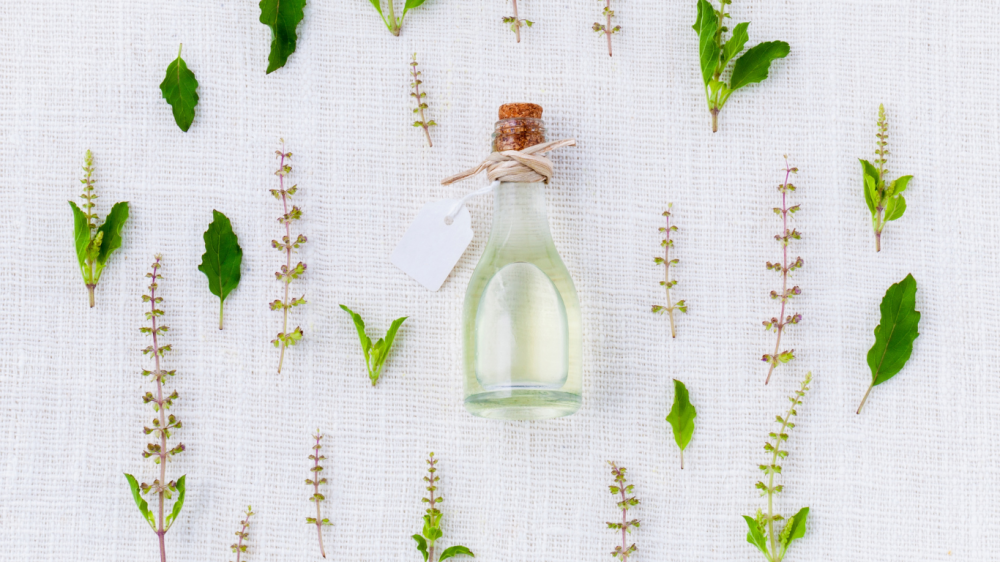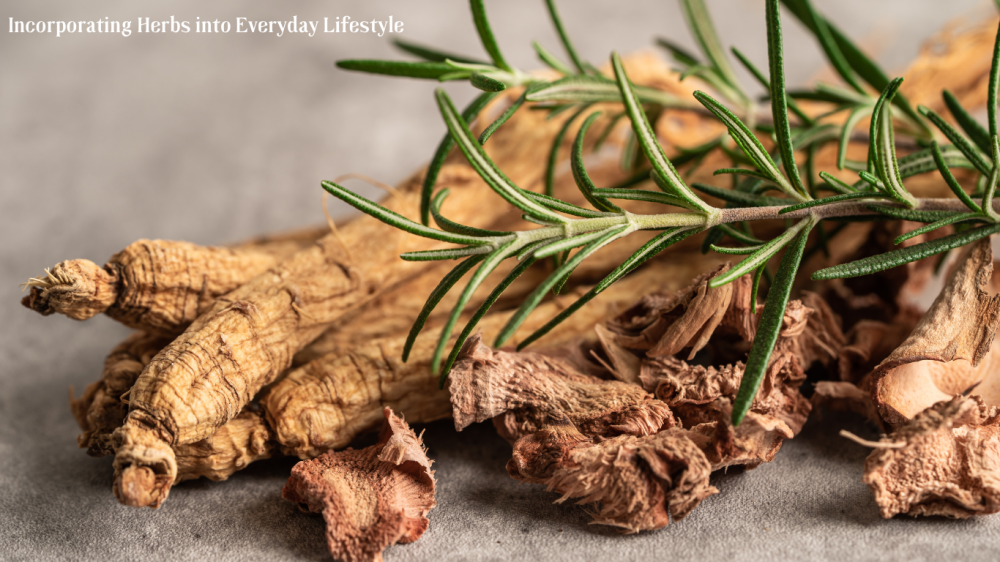
Herbal health has been around for centuries, deeply rooted in ancient traditions and cultures across the globe. While modern medicine is phenomenal, the allure of herbal health lies in its natural approach to wellness. It’s not just herbal teas or supplements; it’s a lifestyle that integrates nature’s bounty into daily routines.
Diving into herbal health often means separating fact from fiction. Myths abound, like the idea that anything natural is automatically safe or effective. That’s not always true. Just because a plant’s wholesome doesn’t mean it can’t be harmful if used improperly. Being informed means knowing both the benefits and the limits of what herbs can do.
The benefits of herbal health are wide-ranging. People turn to herbs to promote relaxation, boost immunity, or enhance overall well-being. It’s an excellent way to support one’s health without heavily relying on pharmaceuticals. Some herbs like chamomile and lavender are known for calming effects, while others like ginger and turmeric are powerhouses for inflammation and digestion.
Safety should always be a top priority. Any new health practice requires precaution. Consulting with a healthcare provider before starting any herbal regimen is crucial, especially if you’re already taking medications or have underlying health conditions. In some cases, herbs can interact with medications, leading to unwanted side effects.
Embracing herbal health means acknowledging its rich history and potential benefits while respecting its nuances. It’s all about making informed choices and incorporating nature’s wisdom into our lives.
Exploring Essential Herbs for Beginners

Getting started with herbal health doesn’t have to be overwhelming. A great way to dip your toes in is by familiarizing yourself with a few key herbs known for their versatile benefits and ease of use. Chamomile, peppermint, and echinacea are perfect for beginners. They each offer unique yet accessible benefits, making them ideal starting points.
Chamomile is widely loved for its calming properties. It’s a go-to for many looking to wind down after a long day or improve sleep quality. Peppermint, on the other hand, is revitalizing and great for digestion. A warm cup of peppermint tea can work wonders on the stomach. Echinacea is renowned for its immune-boosting attributes, often sought after during cold and flu season.
Growing your own herbs can be an incredibly rewarding experience. A small pot of chamomile or peppermint on a windowsill adds a touch of nature indoors and provides a fresh supply of herbs ready for use. Basic gardening tools and a little patience are all you need to get started. The reward is fresh, pesticide-free herbs always at your fingertips.
Choosing the right herbal products is crucial. When buying, look for reputable sources that provide detailed information about their products. Quality matters, and fresher herbs generally mean better potency and flavor. Store them properly in cool, dark places to retain their efficacy longer.
Starting your herbal journey is an adventure in exploring what nature has to offer. With a few basic herbs and some enthusiastic curiosity, you can lay a solid foundation for incorporating herbal health into your life.
Incorporating Herbs into Everyday Lifestyle

Getting herbs to fit seamlessly into daily routines can bring both joy and health benefits. Simple recipes can make this transition smooth and enjoyable. Herbal teas are a delightful start, offering both taste and comfort. You can create blends incorporating herbs like chamomile and peppermint. For something more concentrated, tinctures or infusions might be just what you need.
Balancing herbs with conventional medicine requires thoughtfulness. It’s never wise to assume herbs can fully replace prescribed medications without consulting your healthcare provider. Herbs can complement traditional treatments well, but you must be cautious about potential interactions. It’s all about finding that synergy where both can coexist peacefully in your health routine.
Hearing others’ success stories can be a great motivator. Many individuals have found relief from minor ailments by integrating herbs into their wellness plan. Just a reminder though, everyone’s journey is unique. What works wonders for one person might not do the same for someone else. So, keeping an open mind and being willing to explore different options is important.
There’s a wealth of resources available to deepen your understanding of herbs. Books, online courses, or workshops can offer structured learning and deeper insights. Communities and groups also exist where people share their experiences and knowledge, often providing valuable tips and encouragement.


Recent Comments